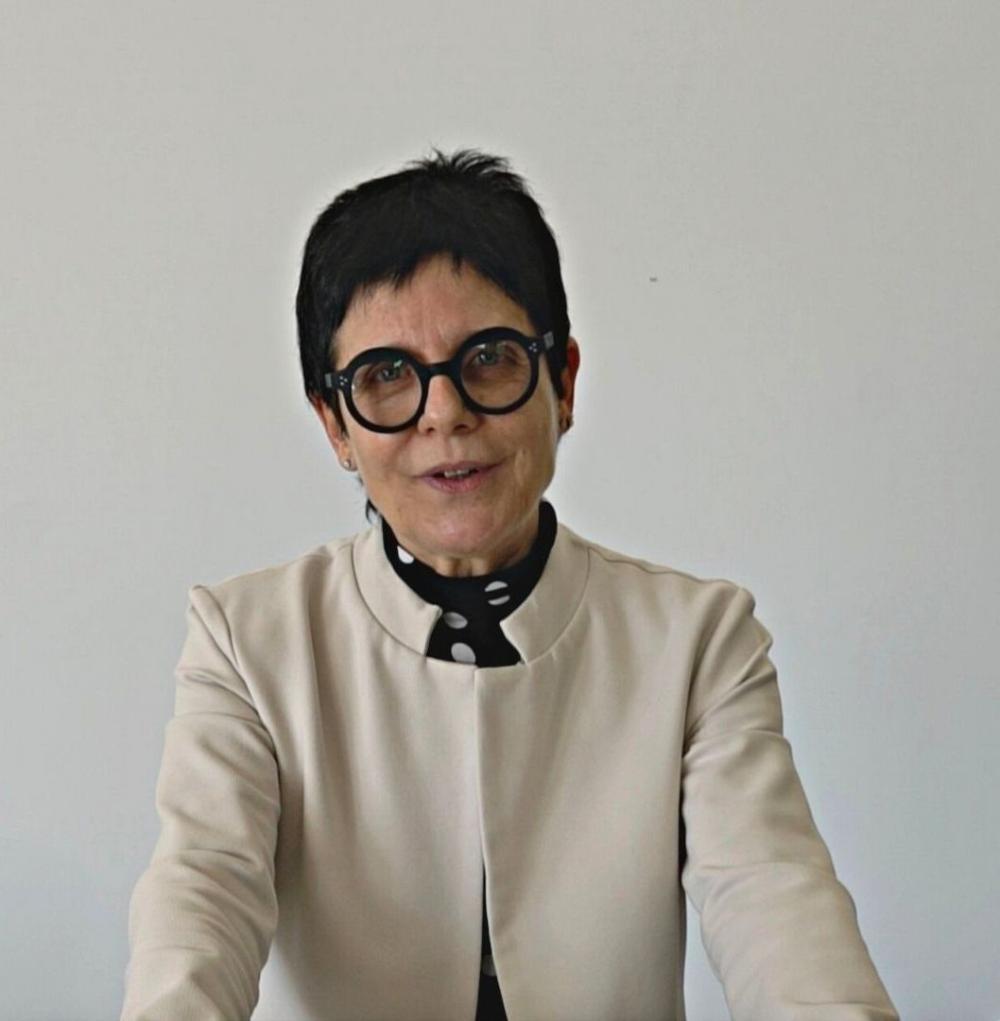
I am psychologist and psychotherapist, full professor of Psychology and Law, and Restorative Justice Practices in the Department of Humanities and Social Sciences (University of Sassari, Italy). I have curricular courses in restorative justice and teach Master’s degree courses at other Italian universities. I have been a Board member of the European Forum for Restorative Justice since June 2017, a Board representative on the WG on Restorative Cities and a member of the Training Committee. I am currently co-coordinator of the Italian national group of the ‘Restorative Justice Strategies for Change (RJS4C)’ project. I am a registered qualified trainer for the EFRJ and, in 2022, I conducted the first training sessions of EFRJ in Italian (Introduction to restorative justice and Introduction to restorative justice in case of serious harm). I was an expert counsellor for the Italian juvenile justice system, and I am an expert trainer for professionals working in the Italian penitentiary system, in the Department of Juvenile and Community Justice, in social services and NGO.


